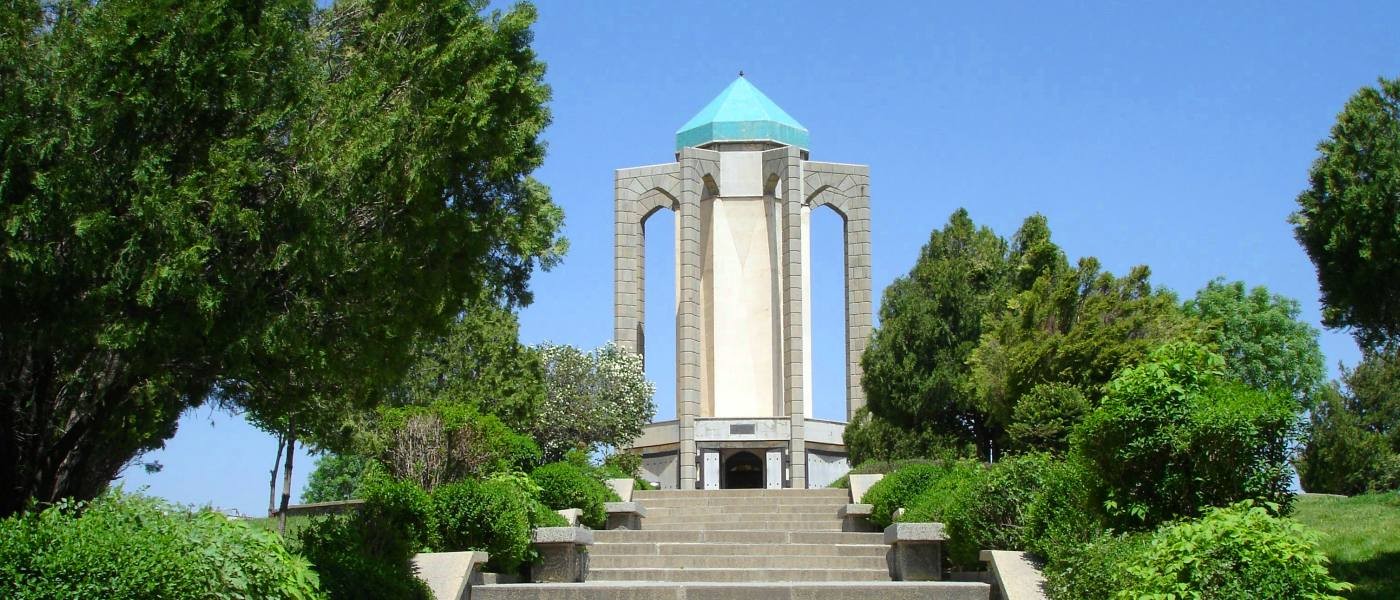Baba Tahir was an 11th-century Persian poet. His poetry is written in the Hamadani dialect of the Persian language. According to L. P. Elwell-Sutton he probably wrote in the local dialect, adding: “Most traditional sources call it loosely Luri, while the name commonly applied from an early date to verses of this kind, Fahlaviyat, presumably implies that they were thought to be in a language related to the Middle Iranian dialect Pahlavi. Rouben Abrahamian however found a close affinity with the dialect spoken at the present time by the Jews of Hamadan.” According to The Cambridge History of Iran, Baba Tahir spoke a certain Persian dialect.
Baba Tahir is known as one of the most revered early poets in Persian literature. Little is known of his life. He was born and lived in Hamadan, the capital city of the Hamadan Province in Iran. He was known by the name of Baba Taher-e Oryan, which suggests that he may have been a wandering dervish. Legend tells that the poet, an illiterate woodcutter, attended lectures at a religious school, where he was not welcomed by his fellow-students. The dates of his birth and death are unknown. One source indicates that he died in 1019. If this is accurate, it would make Baba Tahir a contemporary of Ferdowsi and Avicenna and an immediate precursor of Omar Khayyam. Another source reports that he lived between 1000 and 1055, which is unlikely. It is said that Baba Tahir lived for seventy-five years. Rahat al-sodur of Ravandi, whose work was completed 603/1206, describes a meeting between Baba Tahir and the Seljuq conqueror Tughril (pp. 98–99). At the time when Baba Tahir lived in the 10th century, there were great changes occurring in the development and growth of literature and art. Medieval artists and poets in Persia were greatly respected and valued and had the right to express their thoughts freely. According to L. P. Elwell-Sutton: “He could be described as the first great poet of Sufi love in Persian literature. In the last two decades his do-baytis have often been put to music”.
Baba Taher
December 15, 2021
0 comment

Comment (0)